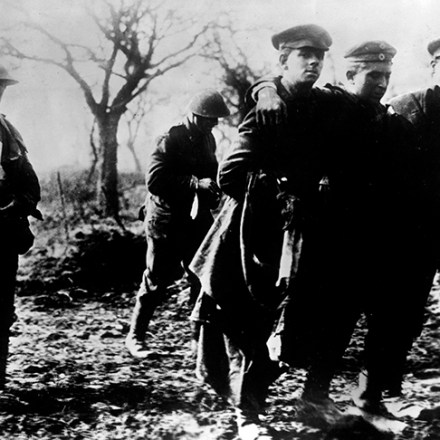Up close and personal: voices from the Great War, week by week
In the summer of 2014, David Hargreaves was invited by Robert Cottrell, the editor of The Browser, to write a series of articles shadowing, week by week, the course of the first world war. Over the next four years Hargreaves and his researcher and co-author, Margaret-Louise O’Keeffe, brought these out online, and they have now








